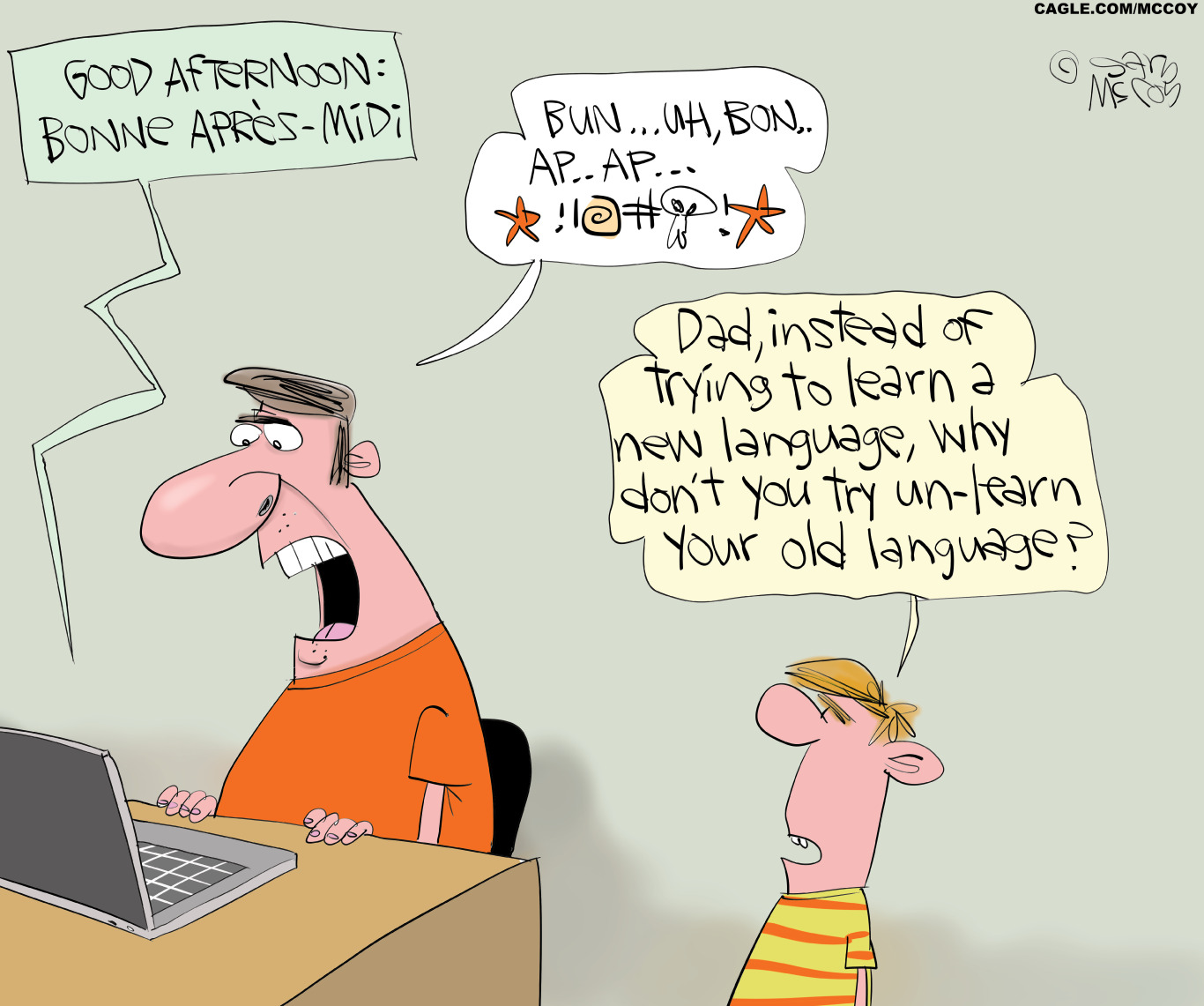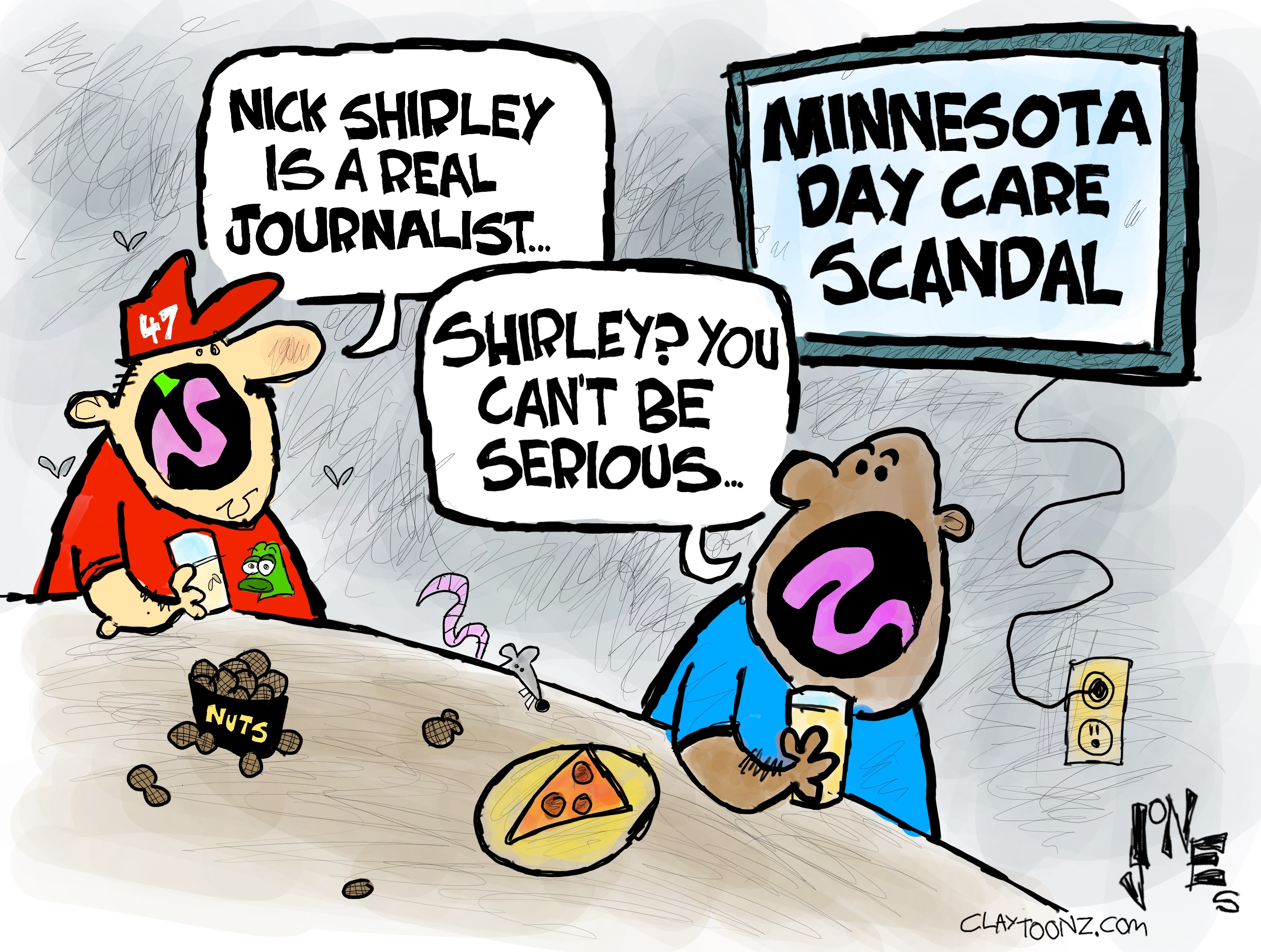How Hulu's The Handmaid's Tale succumbed to the feminist curse
Why are we so afraid to call this a feminist story?

Hulu's stunning adaptation of Margaret Atwood's novel The Handmaid's Tale into a series starring Elizabeth Moss, Samira Wiley, and Alexis Bledel has — as a peculiar side effect — sparked an anxious nationwide referendum on what the word "feminist" means in a post-Trump world. While cast members like Wiley and Ann Dowd have matter-of-factly acknowledged that The Handmaid's Tale is a feminist text, others are flinching from the label. No no, it's a human story, they say — protecting their work from the onerous and unfair suggestion that a story about sexual slavery might have a sexual politics.
There is no talking about this series without talking politics. This is The Handmaid's Curse.
That defensive crouch from some involved parties stems, perhaps, from a fear that the word "feminism" risks condemning the show to failure. It might: To the extent that "feminist" = "Hillary" in the public mind, feminism failed, and everyone in marketing is very nervous about aligning too closely with a loser (lest they lose those precious millions who voted for a TV host accused of, and caught on tape bragging, about sexual assault). Look: The millions of protesters at the Women's March and the merits of reproductive choice are all fine and good, but it's prudent to be on the side of the winner. If one must cater to leftish notions of political correctness, the series deemed it wiser to opt for a clumsy form of racial diversity — even if this dilutes the original text's engagement with eugenics and white supremacy — while handwaving away the distasteful and exclusionary femaleness of women's rights.
The Week
Escape your echo chamber. Get the facts behind the news, plus analysis from multiple perspectives.

Sign up for The Week's Free Newsletters
From our morning news briefing to a weekly Good News Newsletter, get the best of The Week delivered directly to your inbox.
From our morning news briefing to a weekly Good News Newsletter, get the best of The Week delivered directly to your inbox.
There is another aspect to this bizarre hesitation: Many involved in the project — including Elizabeth Moss — seem to see the word "feminist" as a destroyer of nuance. If a work is feminist, then perhaps it can be nothing else. "The Handmaid's Tale is considered one of the great feminist novels. I actually consider it a human novel about human rights, not just women's rights," Moss says in a conversation with Atwood. To call it feminist, she implies, reduces it, makes it less than human. This feminist vs. human dichotomy is admittedly an odd opposition to introduce, particularly since the nightmarish society into which America descends in The Handmaid's Tale was facilitated by a comparable reluctance to defend women's rights (not humans' rights — women's rights) as they were being stripped of the rights to own property, work, control their bodies, or have their own names.
Though in practice a staunch supporter of women's rights, Atwood herself has generated a variety of straw-feminisms in her recent writing on the subject. Asked whether The Handmaid's Tale is a feminist book, she writes that "if you mean an ideological tract in which all women are angels and/or so victimized they are incapable of moral choice, no." This is not a version of the concept with which I am familiar, but Atwood is, and offers a corrective she can accept: "If you mean a novel in which women are human beings — with all the variety of character and behavior that implies — and are also interesting and important, and what happens to them is crucial to the theme, structure and plot of the book, then yes. In that sense, many books are 'feminist.'"
Given the explosion of complex female protagonists on television, the ongoing conversations about how narratives about women are finally allowing them to be unlikable and human and interesting and important and even antiheroic — rather than boring foils like angels or victims — Atwood's seems like a peculiar (or anachronistic) distinction. It's also a bid for some notion of ungendered and universal merit in a work so unsubtle, so nakedly anatomical in its critique, that the main character is quite literally a surrogate vagina for a powerful couple. Offred's fate depends on the workings of her uterus. Her humanity has been stripped.
It's as if Atwood worries that the word "feminist" will do to her work what society did to Offred: flatten it into an empty vessel. Clap blinders on that only let it look one way. Rename it Offeminist.
A free daily email with the biggest news stories of the day – and the best features from TheWeek.com
Unlike Hulu's marketing department's, Atwood's fears are worth taking seriously. For one thing, Atwood's lived long enough to watch feminism mean a variety of things, even if I don't recognize the versions she describes: "I didn't want to become a megaphone for any one particular set of beliefs," she told The New Yorker of her non-alignment with early feminist movements. "Having gone through that initial phase of feminism when you weren't supposed to wear frocks and lipstick — I never had any use for that. You should be able to wear them without people saying you are a traitor to your sex."
For another, the fears on display over the feminism of The Handmaid's Tale feel like an artifact of spending one's life creating in a society steeped in the kind of ambient misogyny that makes any narrative that's too aggressively female seem niche, mean-spirited, or frivolous. If feminists are too stridently judgmental, the opposite cultural strain devalues women just as much. Chick flicks are less than because of the gender expected to watch them, and "feminist stories" are even worse since, being morally medicinal, they don't even aspire to entertain.
For the entertainment industry, "feminist" is the new Puritan: preachy, fussily exegetical, and — when it comes to entertainment value — a total drag. (I'll note here that The Handmaid's Tale is anything but: The series is horrifying and quite beautiful and deeply entertaining.)
Finally, and most importantly: The series might be totally overwhelmed by the claims surrounding it. This happens often to all-female shows (cf. Girls), which get belted by accusations of everything from virtue-signaling to narcissistic orgies of selfishness in ways shows about men never do. "I think of her [Ofglen] as a woman for whom every act is done for show, is acting rather than a real act," Offred says of her fellow Handmaid (played by Alexis Bledel in the series). It's a sentiment that doubles for our culture-wide suspicion of female performance, especially when it might contain anything like a "message." "She does such things to look good, I think. She's out to make the best of it."
As surprising as it is that Moss and Atwood — both of whom became feminist icons, perhaps slightly against their will — are using their prominent platform to sound notes of gentle caution and mealy-mouthed inclusivity, this is understandable. (Rachel Handler calls it the "All Lives Matter-ing" of a feminist text, and hers is the best deconstruction of this weird epiphenomenon.)
This is an awful cultural soup in which to produce. There's no escaping the blinders and veils, no side-stepping the irritating fact that a show about women will go through these layers of mediation that make it extremely difficult to deal with the Thing Itself — assuming such a direct confrontation is even possible. And we are all guilty. This piece, for instance, perfectly justifies the fear that the show's reception will focus on its politics at the cost of its artistic merits. Call something feminist and everything else about it gets wiped away. Don't call it feminist and the same thing happens. It's a Catch-22.
I'll note here that plenty of critics have managed to address the show's substance. I hope that Anne Helen Petersen, for one, has assuaged some of those concerns with her trenchant analysis of the show's aesthetics. I hope to atone for this by writing more about the show itself — which is beautifully done and spectacularly acted — once a few more episodes have aired, and this first gasp of analytical angst has given way to a broader discussion. But the thing about The Handmaid's Curse is that you can only break it incrementally. "Given our wings, our blinkers, it's hard to look up, hard to get the full view, of the sky, of anything," Offred says. "But we can do it, a little at a time, a quick move of the head, up and down, to the side and back. We have learned to see the world in gasps."
Lili Loofbourow is the culture critic at TheWeek.com. She's also a special correspondent for the Los Angeles Review of Books and an editor for Beyond Criticism, a Bloomsbury Academic series dedicated to formally experimental criticism. Her writing has appeared in a variety of venues including The Guardian, Salon, The New York Times Magazine, The New Republic, and Slate.
-
 Political cartoons for January 4
Political cartoons for January 4Cartoons Sunday's political cartoons include a resolution to learn a new language, and new names in Hades and on battleships
-
 The ultimate films of 2025 by genre
The ultimate films of 2025 by genreThe Week Recommends From comedies to thrillers, documentaries to animations, 2025 featured some unforgettable film moments
-
 Political cartoons for January 3
Political cartoons for January 3Cartoons Saturday's political cartoons include citizen journalists, self-reflective AI, and Donald Trump's transparency
-
 Walter Isaacson's 'Elon Musk' can 'scarcely contain its subject'
Walter Isaacson's 'Elon Musk' can 'scarcely contain its subject'The latest biography on the elusive tech mogul is causing a stir among critics
-
 Welcome to the new TheWeek.com!
Welcome to the new TheWeek.com!The Explainer Please allow us to reintroduce ourselves
-
 The Oscars finale was a heartless disaster
The Oscars finale was a heartless disasterThe Explainer A calculated attempt at emotional manipulation goes very wrong
-
 Most awkward awards show ever?
Most awkward awards show ever?The Explainer The best, worst, and most shocking moments from a chaotic Golden Globes
-
 The possible silver lining to the Warner Bros. deal
The possible silver lining to the Warner Bros. dealThe Explainer Could what's terrible for theaters be good for creators?
-
 Jeffrey Wright is the new 'narrator voice'
Jeffrey Wright is the new 'narrator voice'The Explainer Move over, Sam Elliott and Morgan Freeman
-
 This week's literary events are the biggest award shows of 2020
This week's literary events are the biggest award shows of 2020feature So long, Oscar. Hello, Booker.
-
 What She Dies Tomorrow can teach us about our unshakable obsession with mortality
What She Dies Tomorrow can teach us about our unshakable obsession with mortalityThe Explainer This film isn't about the pandemic. But it can help viewers confront their fears about death.
